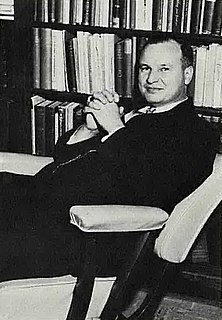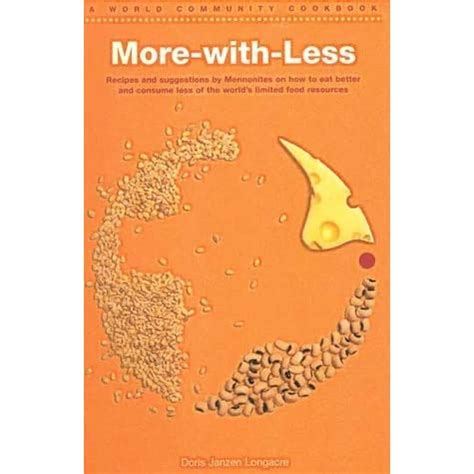A Quote by Pope Francis
The laity are called to become a leaven of Christian living within society.
Related Quotes
The Church, rightly conceived, is the whole covenant people called to serve in the world. The clergy are also part of the laity, and their true function is to help equip the laity to be the Servant People. If they turn aside to rule and to secure their own status, they have betrayed the calling of the special ministry.
Tradition is an element that enters into play with destiny, because you are born into a particular family - Jewish or Islamic or Christian or Mexican - and your family determines to some extent what you are expected to become. And society is always there attempting to determine the role we will play within it.
I think that every living person, every person who is awake to the functioning principles within his reality has a moment where he stops blaming the problems in the world on group thinking, on humanity and authority, and starts to face himself. I hate this more than anything. This is the hardest principle within christian spirituality for me to deal with. The problem is not out there, the problem is the needy beast of a thing living in my chest.
In this constant battle which we call living, we try to set a code of conduct according to the society in which we are brought up, whether it be a Communist society or a so-called free society; we accept a standard of behaviour as part of our tradition as Hindus or Muslims or Christians or whatever we happen to be.
In practice it undermines the transformation of faith. When Christians concentrate their time and energy on their own separate spheres and their own institutions-whether all-absorbing megachurches, Christian yellow-page businesses, or womb-to-tomb Christian cultural ghettoes-they lose the outward thrusting, transforming power that is at the heart of the gospel. Instead of being 'salt' and 'light' -images of a permeating and penetrating action-Christians and Christian institutions become soft and vulnerable to corruption from within.




































